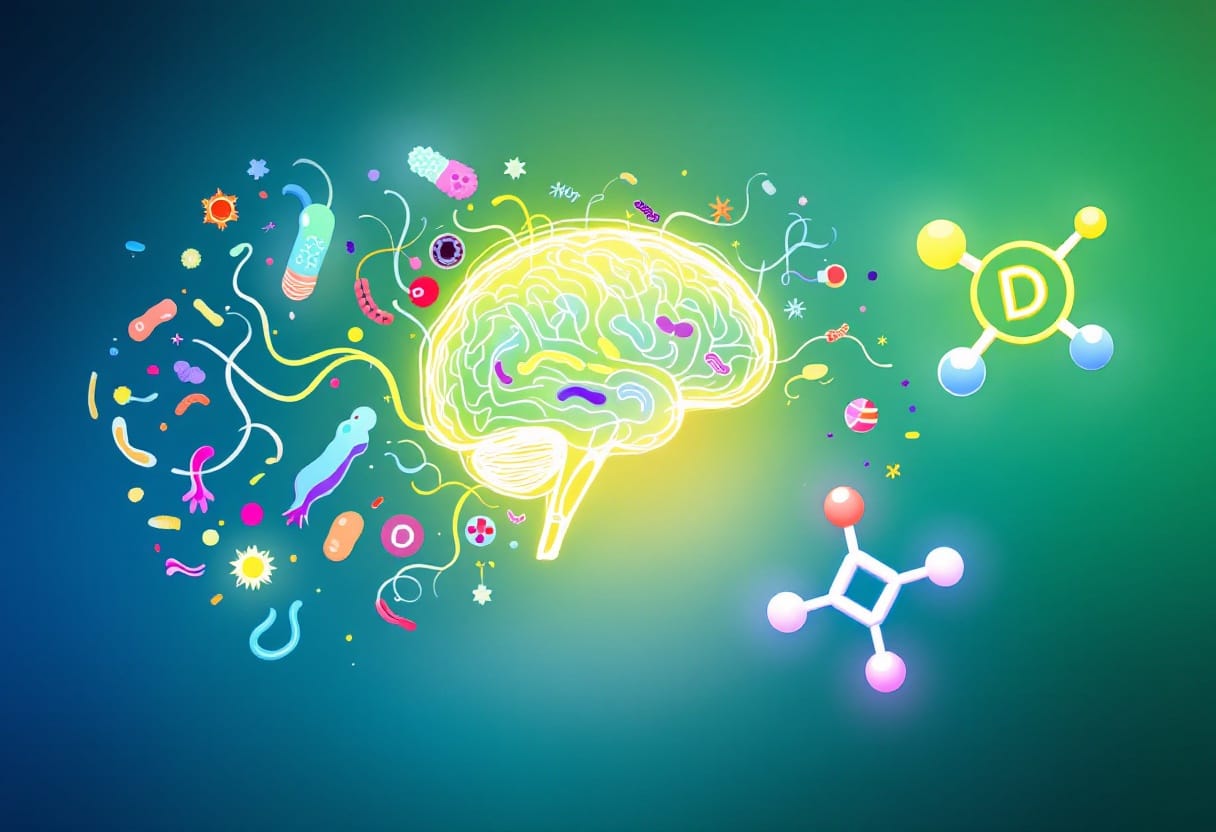Don’t miss my latest publication, co-authored with Drs. Stephanie Seneff and Anthony Kyriakopoulis, which is now posted as a preprint and will be headed into peer review in the next few weeks.
https://www.preprints.org/manuscript/202504.1079/v1
I think it is a very significant contribution to the study of Parkinson’s disease (PD) and how its origins are closely related to gut health and dysbiosis.
It has been known for over a decade that a misfolded protein called alpha-synuclein (a-syn) is playing a central role in the progression of PD. But mysteries have persisted: where does a-syn originate, what causes it to misfold, and why does it accumulate in the brain?
In this paper we offer a hypothesis that answers these mysteries. It brings together disparate areas of scientific research, areas that had not previously been considered as a unified theory of disease initiation and progression. Here are the main points of the paper, for those who prefer to get to the punch line:
- a-syn is produced by neurons in the gut and has important functional roles in the body
- The healthy gut is constantly producing organic molecules that are depleted in deuterium and supplying those molecules to the body, including the brain
- If the gut fails to generate adequate deuterium-depleted molecules (most important in this context is butyrate), a-syn misfolds and travels to the brain via the vagus nerve as a “danger signal”
- Inside neurons in the brain, misfolded a-syn is ‘captured’ by specific fatty acids, which glob together and are taken up into what are called Lewy bodies to keep them from gunking up cellular function
- If the deuterium problem (originating in the gut then extending to the rest of the body) isn’t fixed, Lewy bodies continue to accumulate within brain neurons
- Parkinson’s results from the ongoing accumulation of those Lewy bodies
It has long been recognized that dysbiosis is related to PD, but it hasn’t been clear which came first, the PD or the bad guts. We are proposing that it is the unhealthy gut that is the root of the problem. When it chronically fails in its function of supplying deuterium-depleted butyrate and other organic molecules to the brain, one possible outcome is the accumulation of Lewy bodies. There are, of course, other potential contributing factors, both genetic and environmental. Dysbiosis doesn’t inevitably lead to PD. We simply make the case that when gut bacteria chronically fail in their role of supplying deuterium-depleted short-chained fatty acids to the brain, it can induce a series of events that lead to Lewy body accumulation in the brain regions strongly associated with PD.
If you or someone you know is diagnosed with Parkinson’s – or if you’d just like to do all you can to prevent it – schedule a consultation with me via http://gregnigh.com or by calling 503-719-4806.





 76 Design Solutions
76 Design Solutions